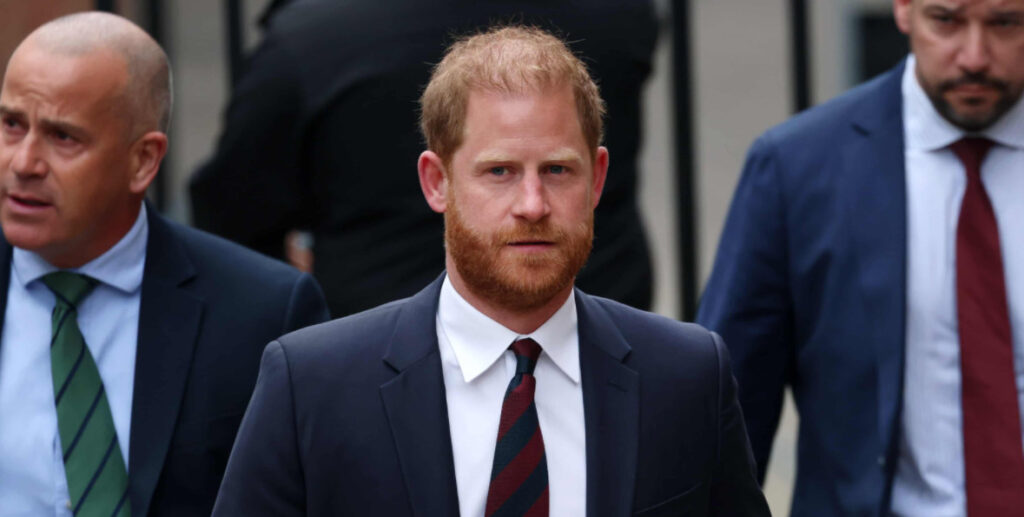Prince Harry has argued that his personal safety is at risk following a specific threat made against him by al-Qaeda, according to newly disclosed court documents.
The Duke of Sussex has requested enhanced state-funded security while in the UK, citing concerns for both himself and his family.
The revelation emerged as part of the Duke’s ongoing legal battle against the Home Office regarding the downgrading of his police protection after stepping down from royal duties in 2020.
Legal filings submitted to the Court of Appeal confirmed: “The appellant stated that he requested specific protection after a threat was made against him by al-Qaeda.”
Represented by barrister Shaheed Fatima KC, Prince Harry’s legal team stated that the terror organisation explicitly called for his assassination, and even claimed that such an act would “please the Muslim community.” These threats reportedly came after his security status was revised.
Harry told the court that the level of protection he currently receives is “inadequate, inappropriate, and ineffective”, especially compared to the lifelong support previously provided by the Metropolitan Police Service (MPS).
He asserted that such official security coverage offers capabilities that private firms simply cannot replicate.
Earlier this month, the Duke travelled to London for a two-day hearing, presenting his final appeal for automatic police protection during his UK visits.
He later told The Telegraph that he believes the withdrawal of his protection was intended to discourage him and Meghan from stepping away from royal duties.
During the hearing, some evidence was examined in a closed session to protect sensitive national security details. However, both parties agreed to release a brief summary, which included confirmation of the al-Qaeda threat.
The Duke’s legal complaint centres on Ravec—the Executive Committee for the Protection of Royalty and Public Figures—claiming it bypassed standard procedures by failing to carry out a personal risk assessment when his protection was altered.
Instead, the committee devised a “bespoke” policy applied only to him, requiring 30 days’ notice ahead of any UK visit, each assessed individually.
He argues that this case-by-case approach, and the limited protection that results from it, falls short of what is necessary given his high-profile status and potential threats.
According to his legal team, the current method overlooks key metrics typically used by Ravec, such as threat level, vulnerability, and impact, and instead focuses on the purpose of each visit—something the Duke contends is irrelevant to his security needs.
Ms Fatima also claimed other high-profile individuals are afforded more comprehensive security under similar or lesser risk levels, without valid justification.
In response, the Home Office, represented by Sir James Eadie KC, defended Ravec’s decision, stating that Prince Harry’s unique circumstances—stepping back from royal life and living primarily abroad—required a tailored approach. Eadie argued that no policy currently covers such a situation.
The High Court previously ruled in February that Ravec’s decisions were neither irrational nor unlawful. A verdict on this latest appeal is expected to be handed down after Easter.


